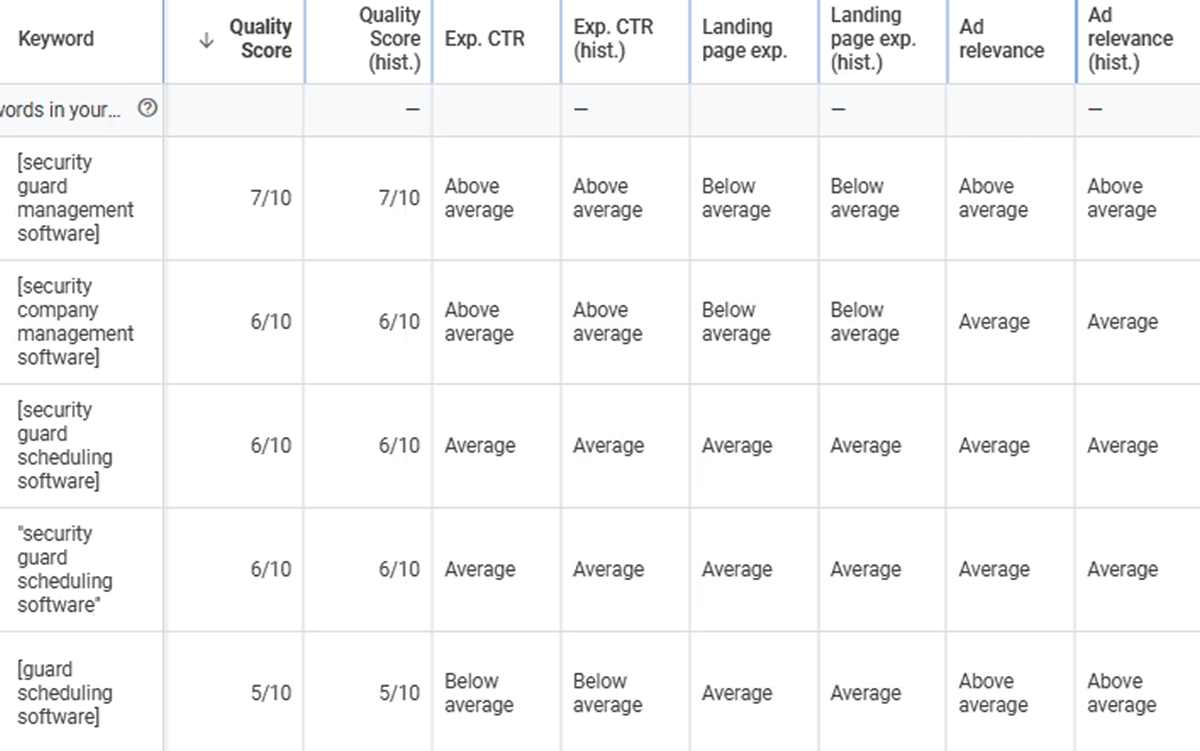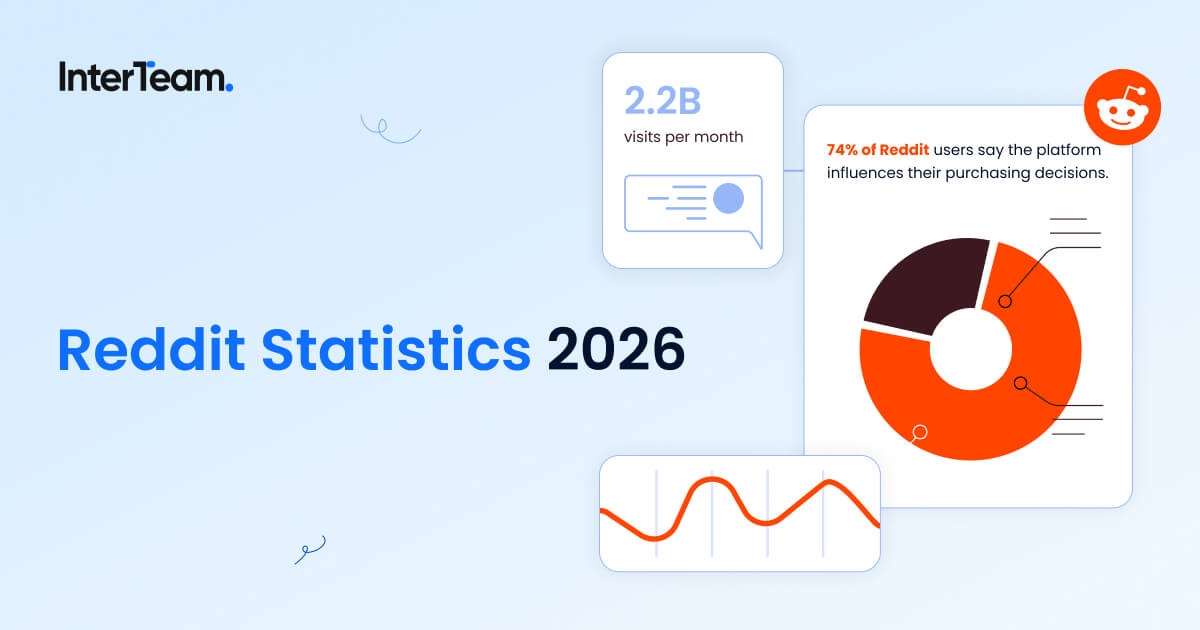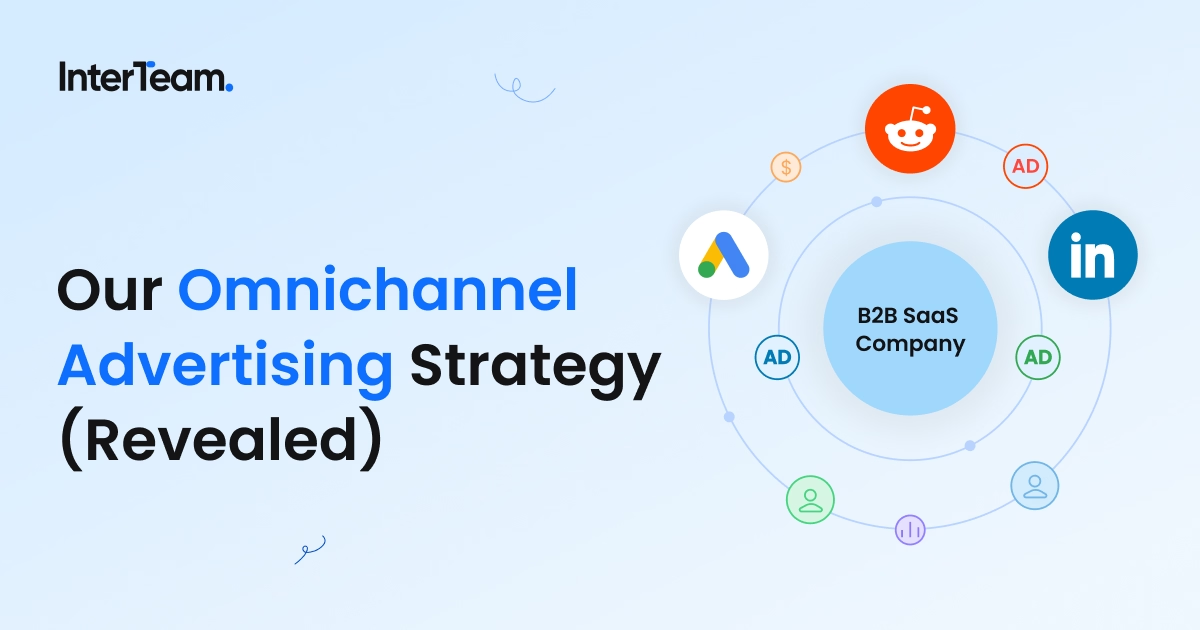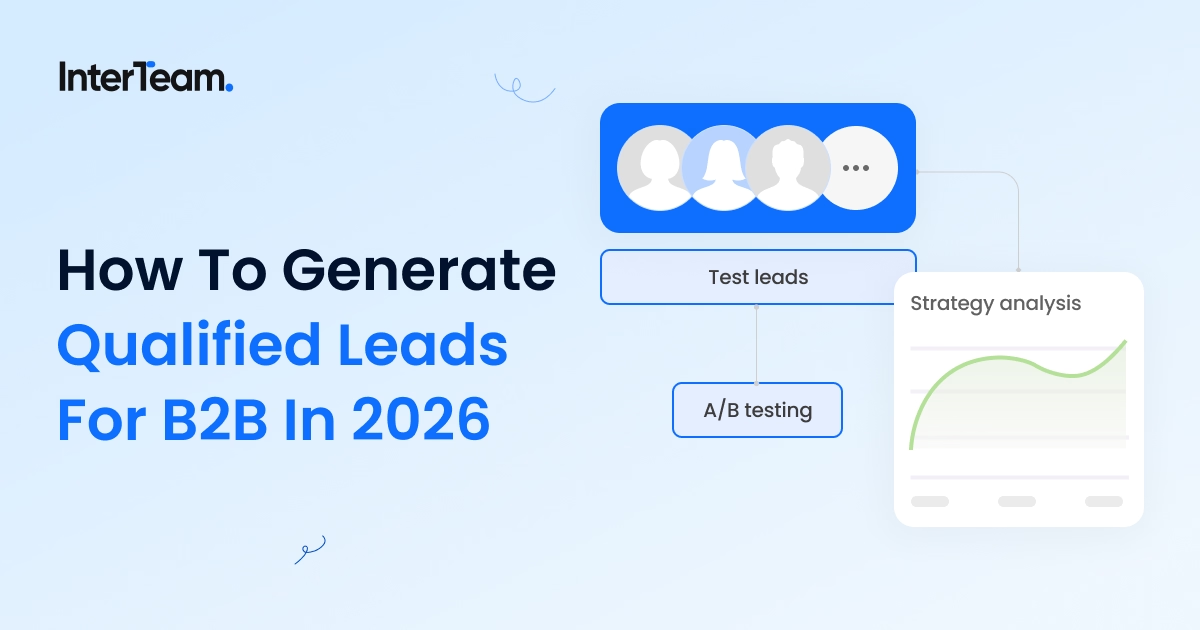Automated vs. Manual Bidding in Google Ads
Overview: Google Ads Automated Bidding Vs. Manual Bidding
Two out of five small to medium-sized businesses (SMBs) run some form of pay-per-click advertising.
However, online ad campaigns are known to increase brand awareness by up to 80%. If you're here to learn how to launch and run a Google Ads campaign that converts prospects into customers, read on.
We'll cover everything you need to know about Google Ads automated bidding vs. manual bidding.
Why Are Google Ads Bidding Strategies Important?
If you want Google to favor your ads, then a strategic investment of time, money, and most of all, bidding, is required. Your Ad Rank in the Google Ads auction is decided by your bid and your Quality Score. Ads with a poor Quality Score will always cost more since bigger bids are required to get your ads in front of potential customers. If your budget is rapidly depleting and your advertisements aren't appearing on search engine results pages (SERPs), you have a problem.

Key Terms Related To Google Ads Bidding Strategies
Before we go into the Google Ads auction process and how to maximize your bidding strategies, we'll start with some key terms.
Keyword and Audience Bidding
The auction process in which you compete for an ad placement against other marketers.
Pay-per-click (PPC) advertising
PPC advertising is any sort of sponsored advertising in which you pay for clicks.
Cost-per-click (CPC)
CPC is the amount you pay every time your ad receives a click.
Cost-per-acquisition (CPA)
CPA is calculated by dividing the total cost of conversions by the total number of conversions.
If you paid $1,000.00 for 500 conversions, for example, your CPA would be $2.00.
Impressions
The number of individuals who see the advertisement but don't click on it.
Click-through rate (CTR)
CTR refers to the number of people who click on your ads in comparison to the number of impressions the ad receives.
Conversions
The action that is counted when someone engages with your ad or does a "useful" activity.
Return-on-ad-spend (ROAS)
ROAS quantifies how much income your company receives for every dollar spent on advertising.
It's essentially the return on investment (ROI) for PPC advertising.
If you want to cover more Google Ads basics, here's our post on the different kinds of Google Ads.
How The Google Ads Bidding Auction Works
Your bid amount is only one of several criteria that influence the outcome of a Google Ads auction.
If you want to run a successful ad campaign, you must fully understand how automated, smart, and manual bidding work.
How Are Bid Amounts Determined?
If you win in the auction, you'll automatically "match" the second-highest bid. For example, if you bid $3, you'll only pay $2 if the offer just below yours was $2. In this case, you won't need to outbid (outspend) your opponents.
If you want to learn more about the cost of running a Google Ads campaign, go here.
What Is Keyword Quality Score?
The Keyword Quality Score (QS) is how Google assesses whether your ad and landing pages are relevant to searchers and whether it should appear for specific keywords. Your ad is eligible to receive a QS ranging from one to ten, with one being the lowest.
You can boost your QS in a few ways, such as by putting a specific keyword or phrase in the ad headline.

What Is Ad Rank?
Ad Rank is most likely the most complicated aspect of the bidding procedure. Google does not publicly disclose all the factors that determine Ad Rank. The algorithm is very protected. Because you don't know exactly what works and what doesn't, it's recommended to do everything you can to achieve great results.
Setting Up Campaigns
It's critical to set up your advertising campaign properly if you want your ads to perform. Whether you're running a manual or automated campaign, Google will always analyze your ad against certain criteria.
First, define your target user and search intent, then craft ad copy and landing page content that speaks to your defined audience.
If you want to lower your target cost-per-acquisition (CPA), start by discovering and bidding on long-tail keywords. Next, employ tactics such as ad scheduling and geo-targeting.
However, before you choose a bidding strategy (manual or automated), make sure you understand how to create an ad that will outperform your competition.
To do that, you'll need to understand manual and automated bidding. Let's start with the more basic of the two.
If you want to go into more depth on getting the most out of your campaign, check out our post on Google Ads optimization techniques.
What Is Manual Bidding?
Manual bidding occurs when an advertiser manually handles their keyword bids on the Google Ads platform. They make judgments and act on their PPC account without the aid of artificial intelligence.

Manual CPC Bidding Pros And Cons
Manual bidding has a few advantages, especially if you have the time and skills to improve the technique. However, this method is time-consuming and demands a lot of patience, time, and PPC expertise to get a fair return on investment.
Because there are a few significant downsides to manual bidding tactics, many companies turn to automated strategies when they are preparing to scale up. That said, here are only a handful of the major advantages of a manual campaign.
Pros of Manual Bidding
You can bid at the keyword level, utilizing your judgment to become aggressive in order to win bids on certain words and phrases.
Manual bidding provides you with complete control over your Google Ads campaigns, including the maximum cost-per-click you pay at the ad group, product group, and even keyword level.
Any manual bidding modifications you make will take effect immediately. This allows you to respond immediately to dips or surges in ad performance.
Cons of Manual Bidding
Manual bidding on multiple campaigns, advertising, and keyword lists can quickly become a cumbersome effort that no one individual can shoulder alone.
The likelihood of inefficiencies increases with larger Google Ads accounts, and your marketing team may lose out on the broader picture if they stick solely to using manual bidding tactics.
Because of major scalability drawbacks, most companies adopt automated bidding solutions.
Manual Bidding Tips
If you're brand new to Google Ads and are eager to launch your first campaign, manual bidding will help you learn the Google auction. Here we'll share a few tips to help you start out on the right foot.
Instead of updating your bids multiple times a day, update them once a week. The objective should be to create a happy medium between income and ROAS while maintaining a good ad ranking.
For example, if you consistently rank second in search results, it may not be worth it to increase your bids. But take care not to go too high or too low with your bid. Generally, a bid modification of 10% to 30% is proven to be the most successful.
Other criteria like CTR, Quality Score, and negative search phrases can all have an impact on your ad position. If one of your ads is underperforming, suspend it to see if it affects your ROAS.
What Is An Automated Bidding Strategy?
Google's automated bidding (artificial intelligence) technology allows you to choose a plan and tweak it to meet your objectives. Unlike manual bidding, in which you retain control, automated bidding implies entrusting your offers to Google.
The AI will examine your bids and user data to identify search terms with high purchase intent.
Automated Bidding Pros And Cons
For good reason, automated bidding is becoming increasingly popular among advertisers. There are a few major advantages that make it such a popular technique. However, as successful as it is, automated bidding also has drawbacks.
Pros of Google's Automated Bidding Strategies
When manual bidding is compared to automated bidding, the advantages of AI technology in advertising become evident. One of the most significant advantages of automatic bidding is that you no longer have to spend time endlessly tweaking bids and parameters.
Automated bidding works off identifiable characteristics (signals) from internet users to benefit your account.
Cons of Automated Bidding Strategies
With an automated campaign, you lose the ability to adjust your bids on the fly. Google Ads takes full control of bid modification based on your associated data.
If the performance of a campaign is lacking, it can be more challenging to find additional areas of improvement. Lastly, competitive pricing, seasonality, search phrases, and ineffective ad copy are all subject to reducing your ROAS.
Automated Bidding Tips
Automated bidding is not a fast fix for your advertising issues. The algorithm must still learn how to produce the desired outcomes.
However, just because Google manages your advertisements and bids does not imply you can ignore them. Give it time. Allow your campaign to perform for four to eight weeks before making any major modifications.
What Is Smart Bidding?
Smart bidding tracks and analyzes data signals from every search and click using machine learning.
It utilizes this data to determine how to increase conversions and make bidding modifications.
There were five Smart Bidding techniques formerly available:
- Enhanced CPC
- Impression Share
- Target ROAS
- Maximize Conversions
- Target CPA
Advertisers will no longer be allowed to employ Target CPA and Target ROAS as part of their online advertising bidding strategy from April 2021.
Instead, customers will only be able to use Enhanced CPC and Impression Share, with the opportunity to fine-tune them further.
Why You Need Automated And Manual Bidding
Even with an automated bidding strategy, you can't just sit back and let the algorithm do its thing.
Instead, use the extra time to develop your campaign through ad testing and data analysis. Google Ads may be intelligent, but you must still monitor for issues and enhance ad quality.
While the world of PPC advertising is trending towards AI and machine learning, there's still no substitute for experience and a solid understanding of the Google auction.
If you'd like to discuss InterTeam's bidding strategies for bringing in qualified leads, schedule a free call with us here.
Optimization Technique Case Studies
Want to see examples of how we’ve used manual vs. automated bidding in real campaigns? Check out these case studies from Google Ads Projects we worked on:
- Case Study – Google Ads and Bing Ads for B2B Property Tech SaaS Solution
- Case Study – Google Ads and Bing Ads for B2B SaaS for Senior Living
- Case Study – Google Ads for B2B SaaS PR Solution
- Case Study – Google Ads for B2B Web Design Agency
FAQs
Template question
Template text answer






